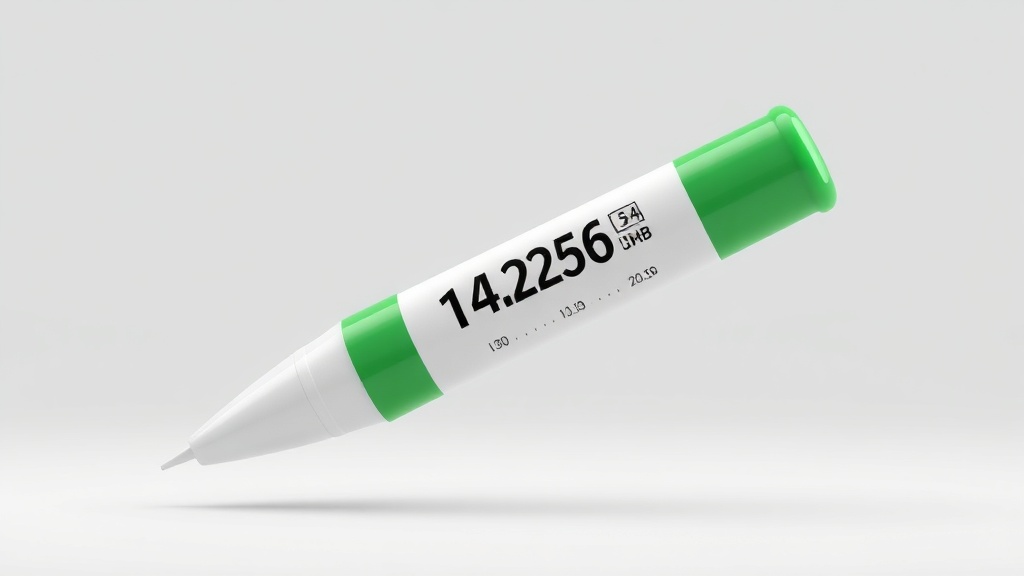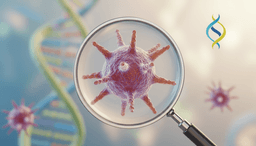Home / Health / Brain Scans Show Weight Drug Quiets Food Cravings
Brain Scans Show Weight Drug Quiets Food Cravings
18 Nov, 2025
Summary
- A GLP-1 weight-loss drug temporarily suppressed food cravings in brain scans.
- Direct brain activity measurements show drug's impact on 'food noise'.
- Findings suggest potential for eating disorder treatments with future drug versions.

Researchers monitoring brain activity in a patient with a severe binge-eating disorder observed that Eli Lilly's GLP-1 weight-loss drug, tirzepatide, temporarily silenced food-craving signals in the brain's reward center. This marks the first direct measurement of brain activity in a person receiving tirzepatide, offering insights into its effect on 'food noise.'
The study, published in Nature Medicine, involved monitoring a patient undergoing deep-brain stimulation for loss-of-control eating disorders. One participant, who was prescribed tirzepatide for diabetes and obesity, showed a remarkable lack of food preoccupation and silent nucleus accumbens food-craving signals during initial monitoring.
While the drug's impact on binge-eating was temporary, suggesting it was optimized for diabetes and weight loss rather than eating disorders, the findings are promising. Researchers believe future GLP-1 drugs could be redesigned to target the brain's reward mechanisms for more lasting effects on severe food preoccupation.




